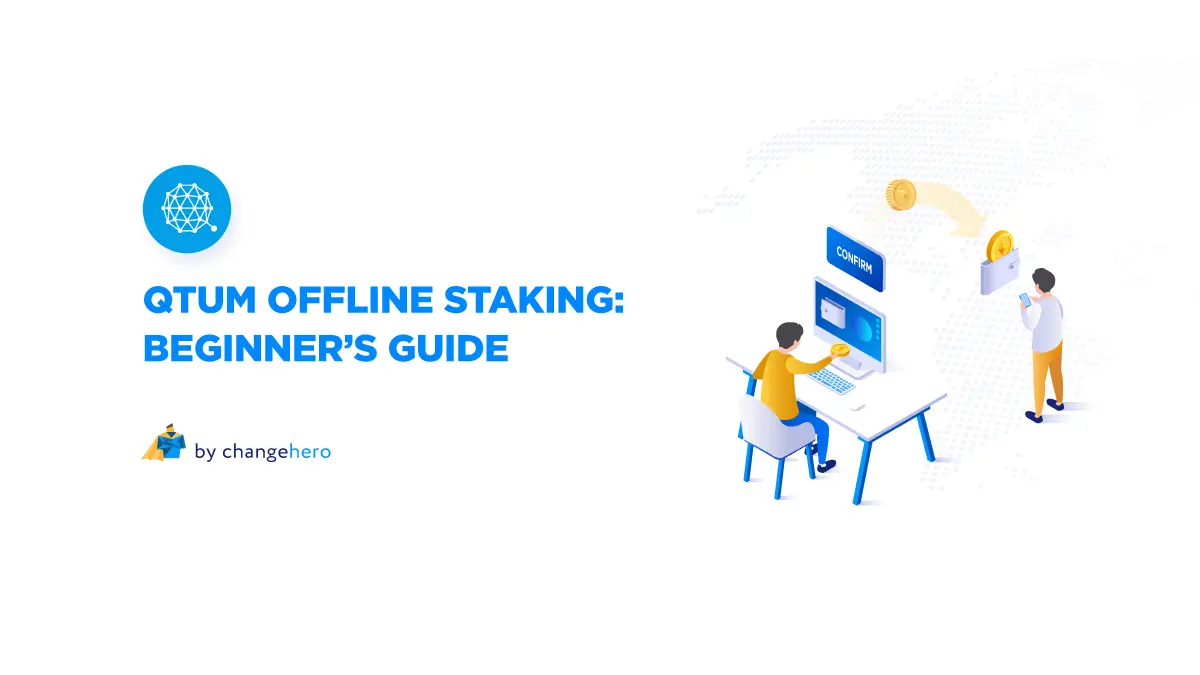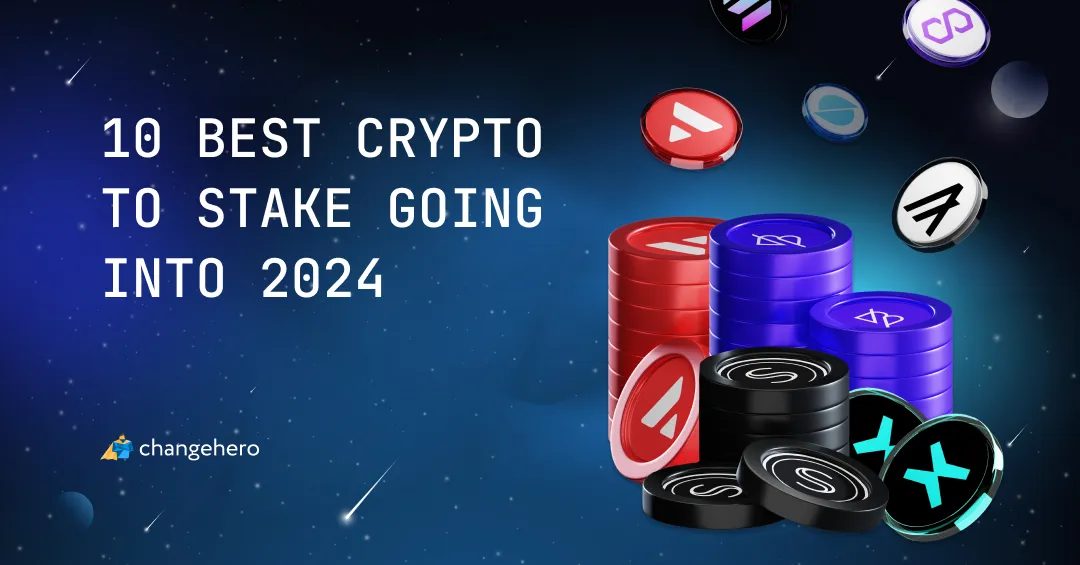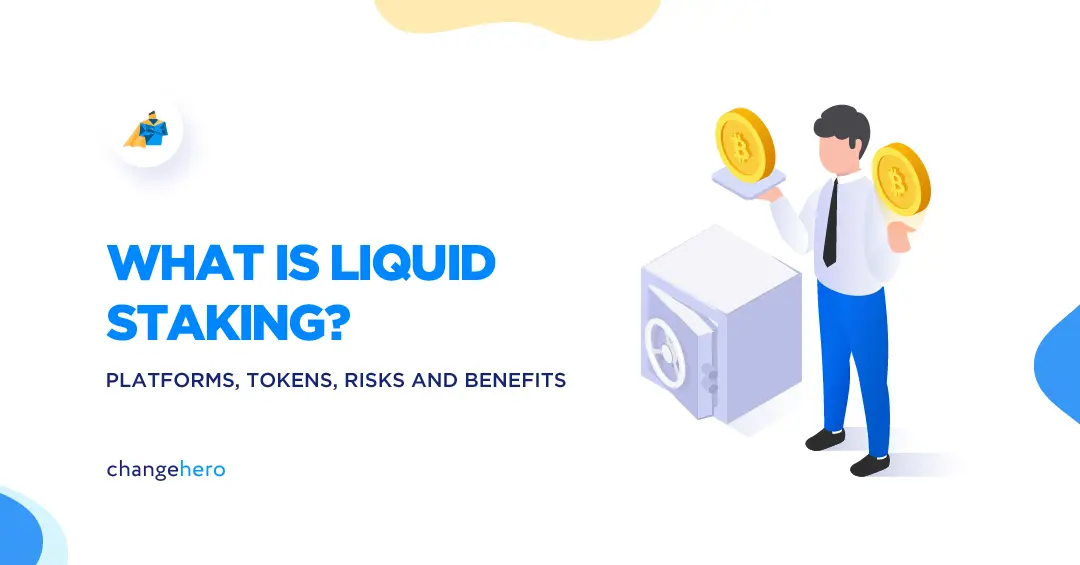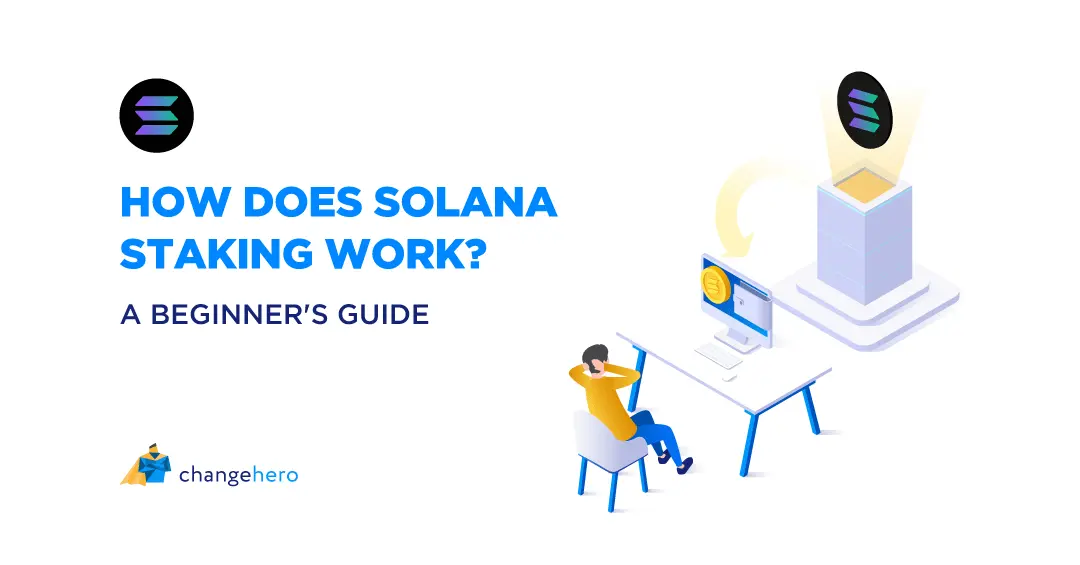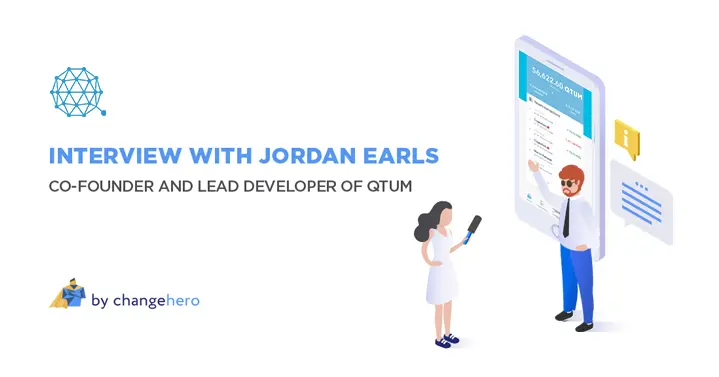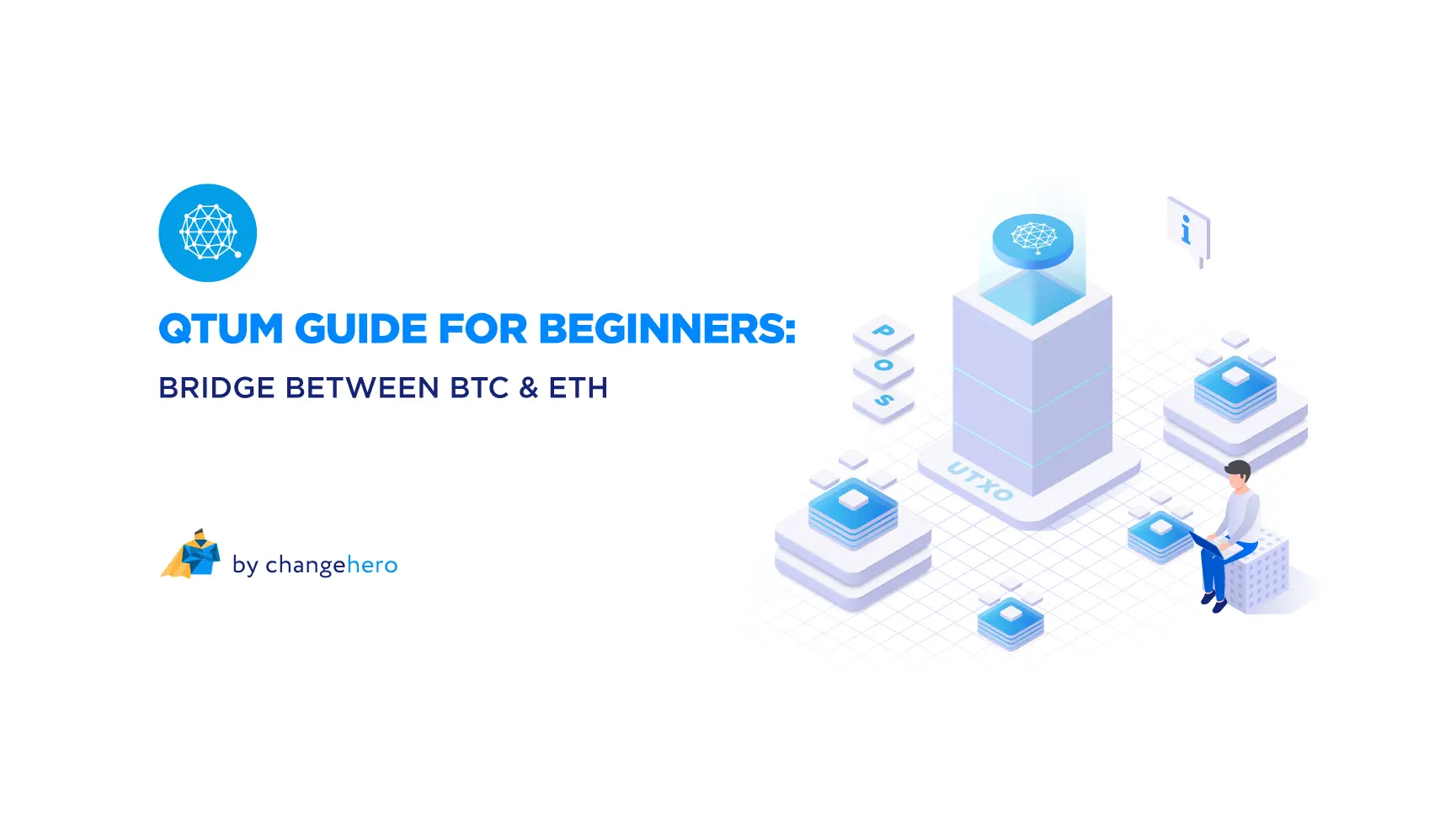Contents
Staking is a powerful tool for cryptocurrencies to become an alternative to traditional finance and banking. However, staking has its limitations: it is not always easily accessible, and always boils down to having to run a full node at all times. Offline staking, a new way to make crypto work for you without losing ownership over your funds, emerged at the same time as DeFi truly gained a spotlight. In this article, we will give you a rundown of this feature.
What is Offline Staking?

Offline staking, as the name implies, is a feature that lets users participate in the network consensus without having to have a full node online at all times. This feature at the moment is a signature of QTUM network. It can also be called ‘cold staking’, because even the coins in cold wallets can participate in consensus.
It is achieved by delegating UTXOs to a super staker address. Unlike in Delegated Proof of Stake, users do not have to delegate to a select few nodes, because anyone can be a Super Staker. They have to “lock” in any amount they desire in the protocol and designate it to a chosen staker. In return, all the block rewards this address generates is shared pro rata with the owners of the funds, minus a fee that constitutes the super staker’s revenue.
Benefits of Offline Staking
What are the benefits of offline staking? The most obvious perk of being able to stake offline is the lack of the need to run a full node at your machine 24/7. In that regard, on a surface level it can be compared to a deposit in a bank. You designate a sum which will accrue interest, and need not do anything else. In QTUM, it is even easier than opening a bank account. Once the delegated UTXOs mature (pass 500 confirmations), you will start earning block rewards and transaction fees.
But there are some less obvious offline staking benefits for users, too. By participating in cold staking, you are helping to secure the network. In the long term, the more secure the network, the more reliable the platform. So, the value of the entire platform, in theory, is growing, and so will appreciate your share in it.
Risks of Offline Staking
But if you are not new to the crypto space or finance, you must realize that every coin has two sides. What are the risks involved in offline staking?
Like in most networks with a similar mechanism (DPoS, for example), users have to have some trust in the super staker they are going to stake with. In QTUM, though, there are no slashing or custodial risks. So the only downside of choosing an unreliable super staker is it stops bringing you profit.
The fees are also determined by super stakers themselves, so some charge more than the others. The range is between 3–10%. The good thing is that there is always a choice, and balance between the staker’s profitability and their fees can be found.
Comparison with Staking
Offline staking is pretty similar to delegated staking in other networks. In QTUM offline staking there is no need to give up custody of your funds (remember the comparison with a bank deposit from before?). Therefore, it can even be done with an offline cold wallet.
Qtum Offline Staking
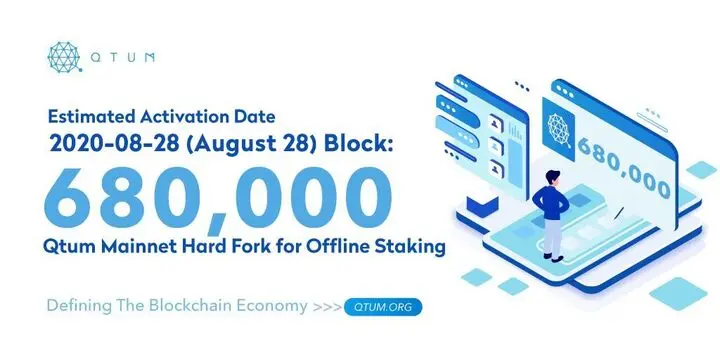
Cold staking was launched in QTUM in August this year after a network upgrade. Before that, running a full node for 24/7 was a requirement, pretty much like anywhere else. While the yield farming and liquidity mining craze took DeFi over, QTUM introduced a more sustainable alternative. To attract more users, Qtum Foundation ran a stake-a-thon, offering additional gains to each participant, pools and super stakers.
Offline staking has a few rules to follow:
- Delegated UTXOs should have >500 confirmations;
- Amounts below the threshold the super staker defined will be ignored.
The delegation smart contract can easily be called with the QTUM wallet interface.
Key Takeaways
- QTUM Offline staking is a new feature introduced this year. It is a feature which lets users designate their funds to a super staker and gain a share of block rewards without transferring the assets;
- The main difference of cold staking from regular staking is the lack of need to run a full node;
- The only risks associated with participation is in trusting the chosen super staker to be online;
- QTUM offers a more sustainable alternative to yield farming in the form of offline staking, as it helps secure the network.
Conclusion
QTUM Offline staking proves how crypto can be more accessible and profitable than banking and finance. Anyone can stake with QTUM without risking losing their own crypto, which does not always apply, even with banks.
Did you find this article informative? Check out our blog for more content like that, and subscribe to our social media for regular updates and news: we’re on Twitter, Facebook, Reddit and Telegram.
Learn more:
Quick links:
- Exchange Ethereum to Bitcoin
- Exchange Bitcoin to Ethereum
- Exchange Bitcoin to Bitcoin Cash
- Exchange Bitcoin Cash to Bitcoin

